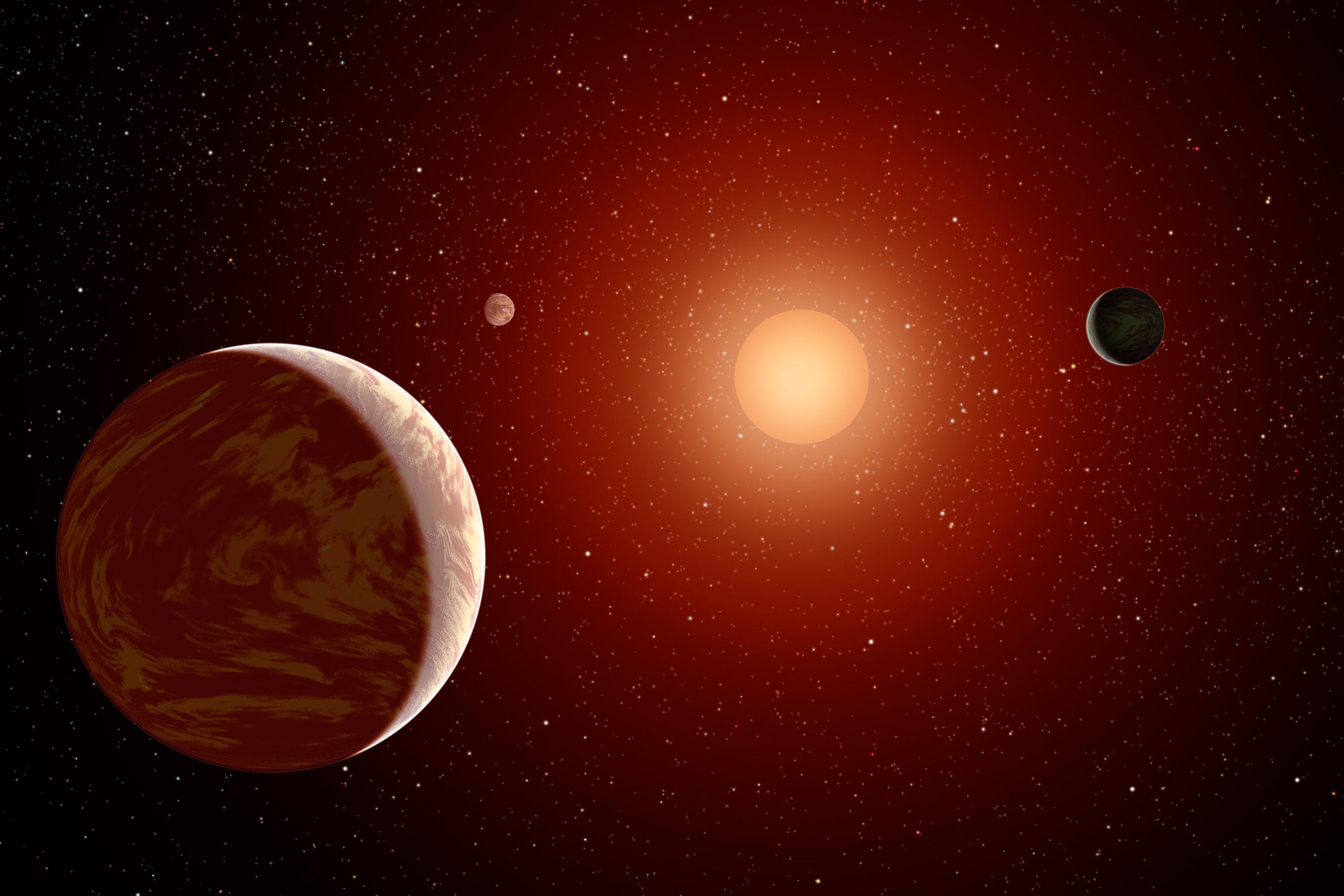
YEC Best Evidence 4: the faint young sun paradox
Posted at 09:00 on 23 October 2017
Posts in this series:
The fourth of Answers in Genesis's ten best evidences for a young earth is an interesting one: the faint young sun paradox. According to our understanding of stellar lifecycles, the sun gets hotter as it ages, and billions of years ago it should have been about 25% cooler and dimmer, and the earth should have been too cold to support life.
Out of their ten claims, this one is the nearest that they come to actually being on to something. Almost everything that Dr. Danny Faulkner, the author of the article, has to say about it is correct — apart from one thing. It proves nothing whatsoever about the age of the earth.
He acknowledges that there are possible solutions to the problem, such as higher levels of greenhouse gases that decreased gradually to compensate for the brightening sun. Yet he dismisses these out of hand as "rescuing devices" to "explain away the problem," and merely claims that they can't be proven because there is no evidence.
As I've said before, it is neither scientific nor intellectually honest to merely dismiss a hypothesis that you don't like as a "rescuing device": you must demonstrate that it is inconsistent with the data, and he makes no attempt whatsoever to do so. This article can essentially be summarised as saying, "We know that the earth is young because there are things about the earth's history that we don't know." This is, of course, absurd. Scientific hypotheses are not falsified by unanswered questions. They are falsified by contradictory data.
A fine-tuned universe?
There are some interesting theological discussions that we could have around the faint young sun paradox. Whatever solution scientists come up with in the end, the need to maintain a climate capable of supporting and nurturing life over billions of years would require some kind of fine tuning of the earth's conditions throughout that time. In fact, all this makes me think of Isaiah 27:2-3:
“Sing about a fruitful vineyard:
I, the Lord, watch over it;
I water it continually.
I guard it day and night
so that no one may harm it.
There are some good arguments that we have as Christians in support of our faith, and things such as these to make us marvel at God's creation. But trying to twist them into supporting science-fiction interpretations of the Bible that contradict numerous other independent lines of evidence is counterproductive. The faint young sun paradox may be a pointer to God's activity in creation, but it provides no support whatsoever for the idea that it was recent.
Featured image credit: NASA